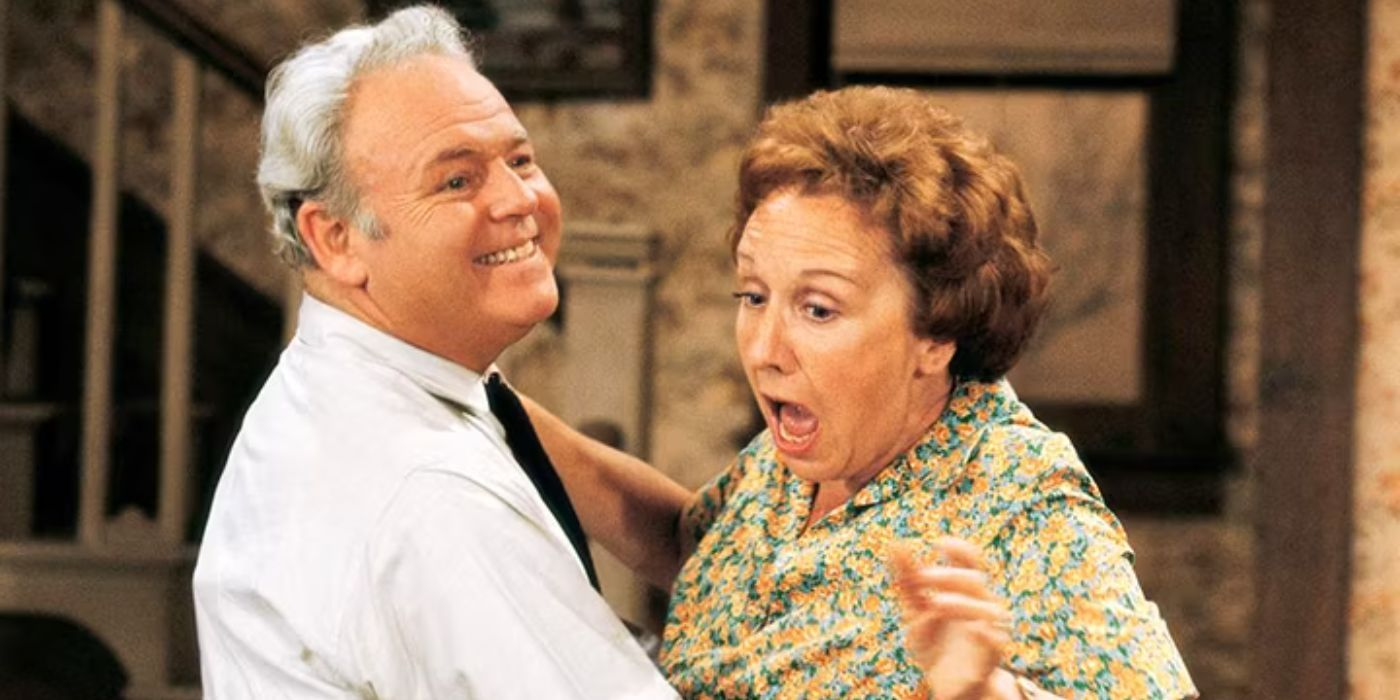
Introduction
When All in the Family premiered in 1971, it was like nothing television audiences had ever seen before. It wasn’t just a sitcom—it was a social revolution that tackled the most divisive issues of the time with humor, intelligence, and an unflinching sense of honesty. In this article, we take a closer look at why All in the Family wasn’t just another show—it was a cultural phenomenon that forever changed the way TV addressed race, gender, politics, and family dynamics.
The Birth of the Sitcom with a Social Conscience
Before All in the Family, television sitcoms were largely lighthearted affairs, often depicting idealized families and situations. But All in the Family threw that formula out the window. With its bold and unapologetic portrayal of the Bunker family’s struggles with societal change, the show reflected the growing political and cultural tensions of the 1970s.
Rather than following the formula of a perfect family dealing with everyday problems, All in the Family dared to tackle issues like race, gender, and class directly. By focusing on Archie Bunker’s racist and sexist views, the show opened up a national conversation about the deep divisions within American society. And it did all this while making people laugh, which was no small feat.
A Mirror to America’s Changing Social Landscape
The 1970s were a decade of massive social change in America. The Civil Rights Movement, the feminist movement, and the rise of countercultural ideals were all challenging traditional norms. All in the Family served as a mirror to these changes, portraying the struggles of ordinary people as they tried to make sense of a rapidly evolving world.
The show tackled issues like racism head-on, portraying the bigotry of its main character, Archie, as a reflection of the racial tensions that were simmering beneath the surface of American society. But it also offered a critique of the way these issues were handled, forcing viewers to think critically about the way they viewed race, class, and privilege.
The Gender Revolution: Women on the Frontlines
Another way All in the Family broke new ground was in its portrayal of gender roles. Characters like Edith and Gloria challenged traditional notions of womanhood, showing that women were more than just homemakers and mothers. Edith, in particular, represented the generation of women who had been expected to stay in the background, but she was given a voice and a personality that made her an essential part of the show.
Gloria, meanwhile, was a reflection of the feminist movement, standing up to Archie’s outdated views and asserting her independence. The show didn’t shy away from showing the changing dynamics between men and women, and it helped bring issues like equality and women’s rights into the national conversation.
The Legacy of All in the Family
Despite its controversial nature, All in the Family left an indelible mark on television. It paved the way for shows like The Simpsons, Roseanne, and South Park, all of which were able to tackle serious social issues with humor and satire. In this way, All in the Family wasn’t just a product of its time—it helped shape the future of television.
Conclusion: More Than Just a Sitcom
All in the Family was much more than a sitcom; it was a revolutionary force that changed the way we think about TV, society, and culture. By addressing issues that other shows wouldn’t touch, it gave voice to the underrepresented and opened up a national dialogue that is still relevant today. If you haven’t seen All in the Family, it’s time to discover why this show remains a cornerstone of American television history.
